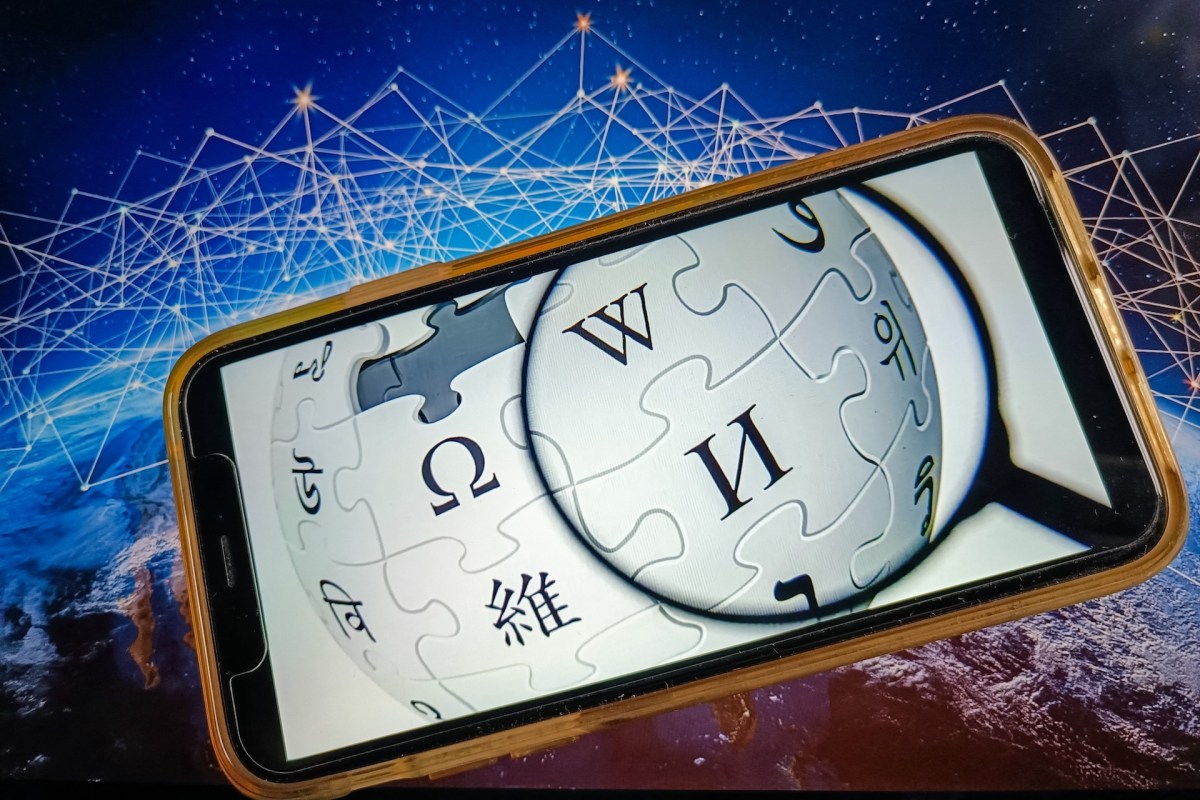
Wikipedia’s recent pilot program involving the use of AI-generated content has spurred significant backlash from members of its contributor and editorial community, who fear the initiative may undermine the platform’s long-standing standards for credibility, neutrality, and human oversight.
The pilot, which has begun testing automated text generation for some entries, is intended to explore how large language models (LLMs) can assist in drafting or expanding articles. The Wikimedia Foundation, which hosts Wikipedia, argues that integrating AI could enhance productivity, especially in underrepresented languages and neglected article categories. However, veteran editors have voiced concern that the move may open the door to factual inaccuracies, plagiarism, or a departure from the collaborative spirit central to Wikipedia’s philosophy.
Critics point out that AI-generated text, while improving in fluency and coherence, remains susceptible to errors and unintended biases. “AI can confidently generate text that’s wrong. That’s a dangerous capability when you’re dealing with an encyclopedia people rely on for accurate information,” said one long-time Wikipedia editor.
Moreover, concerns have been raised about the opaque nature of some AI models and their training data, which could introduce subtle forms of misinformation or reproduce existing biases. Many editors caution that heavy reliance on AI risks shifting the project away from verifiable, human-curated content rooted in reliable sources.
The Wikimedia Foundation responded by emphasizing the experimental nature of the initiative. It reassured the community that human oversight remains a key pillar of the implementation, with all AI-assisted edits undergoing thorough review by Wikipedia’s existing editorial workforce before publication.
“There is no intention of replacing human contributors,” a spokesperson said. “Rather, the goal is to examine how AI might serve as a tool to support and augment volunteer work, not to supplant it.”
Despite these reassurances, calls are growing among community members for clearer guidelines, enhanced transparency in the AI’s decision-making process, and the establishment of firm safeguards to preserve the platform’s reputation for reliability.
Wikipedia’s open-edit model has long relied on the consensus and goodwill of its global network of contributors. As it experiments with AI tools, maintaining trust within this community will be crucial to ensuring the integrity and sustainability of the world’s largest encyclopedia.
Source: https:// – Courtesy of the original publisher.








